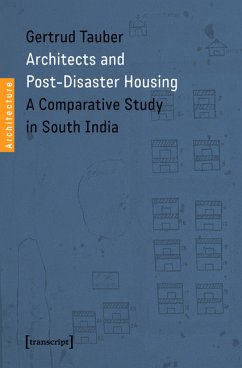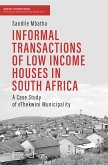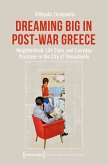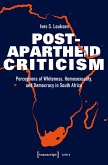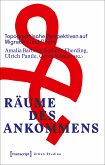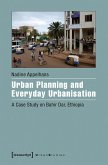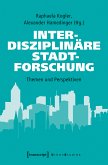This book examines the different roles of architects in rural post-disaster housing and their impact on the degree of success of the projects from villagers' perspective. It is based around the building process of three case studies affected by the tsunami of 2004 in rural South India. It identifies the critical parameters and skills required at project level during the course of the building process. The results from villages and interviews with experienced international and Indian architects, engineers and NGO representatives show that architects are often poorly equipped to work in this context. Gertrud Tauber concludes with a proposal for a course to help architects in the building of people-oriented housing in post-disaster environments.
Dieser Download kann aus rechtlichen Gründen nur mit Rechnungsadresse in A, B, BG, CY, CZ, D, DK, EW, E, FIN, F, GR, HR, H, IRL, I, LT, L, LR, M, NL, PL, P, R, S, SLO, SK ausgeliefert werden.

